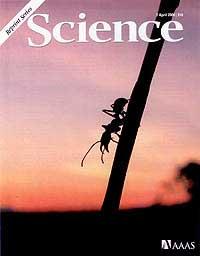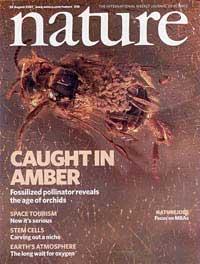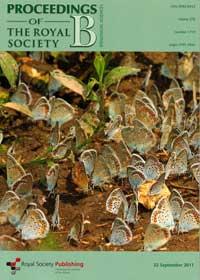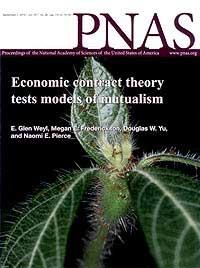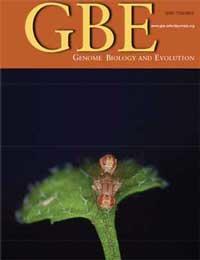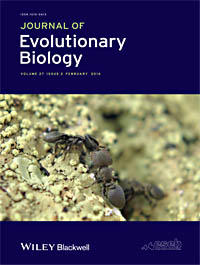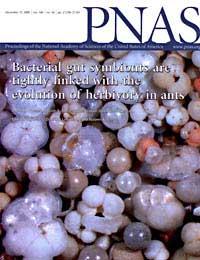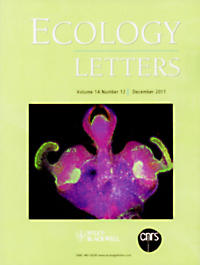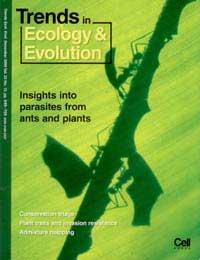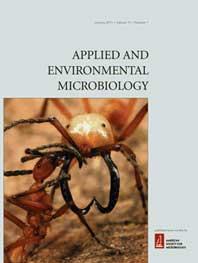Citation:
| 2008_whiteman_pierce.pdf | 487 KB |
Date Published:
SepAbstract:
Insects use chemical cues to identify host plants, which suggests that chemosensory perception could be a target of natural selection during host specialization. Five papers using data from the 12 recently sequenced Drosophila genomes examined chemosensory gene function and evolution across specialist and generalist species. A functional study identifies odorant binding proteins that mediate loss of toxin avoidance in a specialist, and targeted genomic studies indicate specialists and island endemics lose chemosensory genes more rapidly than generalist and mainland relatives. Together, these studies suggest a mode of chemoreceptor evolution dominated by birth/death dynamics, coupled with a low level of potential positive selection.
Notes:
349LZTimes Cited:16Cited References Count:25

